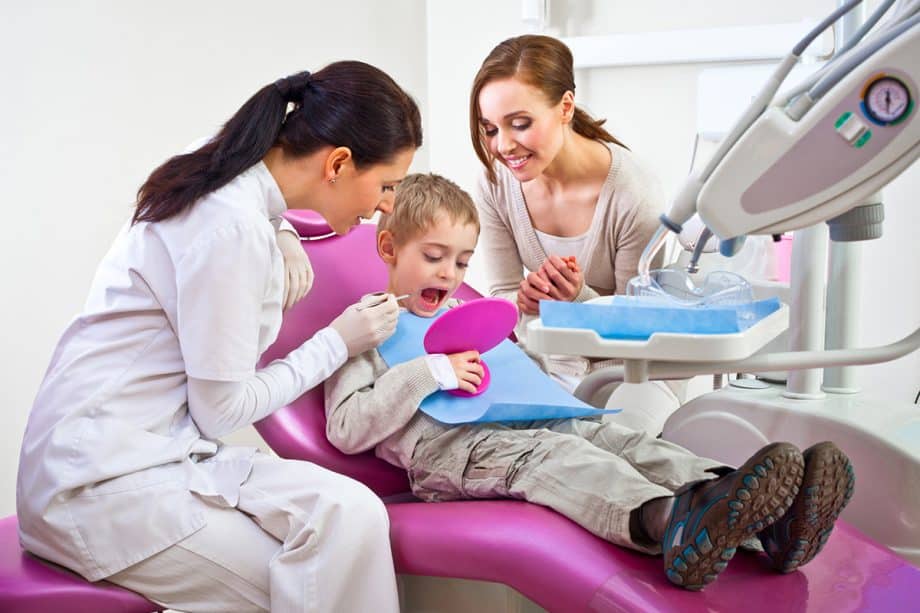Sedation dentistry is safe for children in most situations. The medications used in sedation procedures have very few side effects for healthy children.
Anxious children or those who have difficulty sitting still due to special needs stand to benefit most from sedation dentistry. This blog article will explain sedation dentistry and how it can work to make your child's appointment smoother.
How Does Sedation Dentistry Work?
Sedation dentistry means the doctor administers a safe medication to help the child relax during their procedure. We commonly use nitrous oxide or "laughing gas" to help anxious children feel calm during minor procedures in the dentist's chair.
Nitrous oxide is a clear, odorless gas given through a nose mask. The gas displaces a small amount of oxygen in the body, causing a sense of euphoria and calm. Some children may become giggly or feel like their hands and feet are floating.
As the procedure ends, the dentist turns down the nitrous oxide flowing through the mask and replaces it with oxygen. After a few minutes of pure oxygen, the nitrous oxide flushes out of the child's system, and they are back to normal. They can return to school or their normal activities immediately following the appointment.
Advantages of Dental Sedation for Children
- Manages dental anxiety and reduces the likelihood that children will feel worried about dental care in later life
- Keeps worried children from feeling nervous before the appointment
- Makes procedures faster
- Makes procedures safer because the child will be less likely to move around
- Helps the dentist get more done in one appointment
- Helps with strong gag reflexes
- Reduces discomfort during the procedure
- Improves the child's cooperation
Is My Child a Good Candidate for Dental Sedation?
Some factors that could mean your child is an excellent candidate for dental sedation include the following:
- Dental anxiety
- Special needs that make it hard to sit still
- Strong gag reflex
- No stuffy nose, tonsil, adenoid, or cold symptoms
Possible Side Effects of Nitrous Oxide
Nitrous oxide is a safe and well-studied medication for patients of all ages, but some children may have a few side effects. These side effects could include headaches or nausea. Some children, especially those with special needs, may feel agitated after finishing treatment with nitrous oxide. Side effects only affect about 5% of nitrous oxide patients.
Other Types of Anesthesia We Offer
For more involved procedures like extracting impacted teeth, dentists may opt for deeper sedation like that produced by IV medications or general anesthesia. IV sedation involves giving an anti-anxiety medication through an IV, while the dentist uses general anesthesia in a hospital setting.
Call Attleboro Pediatric Dentistry
We can share how we keep your child safe during sedation appointments and explain further how the procedure works. If you are interested in dental sedation for your child, please call our office at 508-409-6160 to schedule an appointment.


